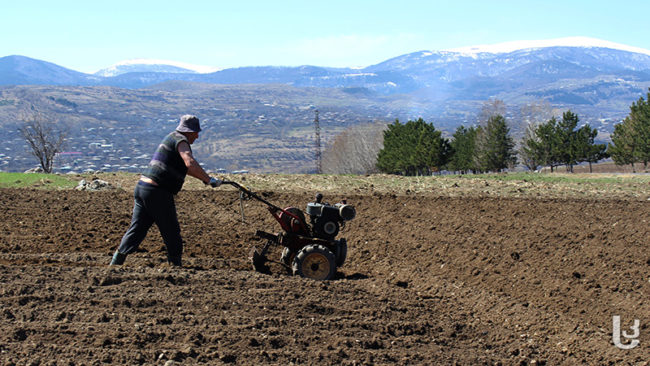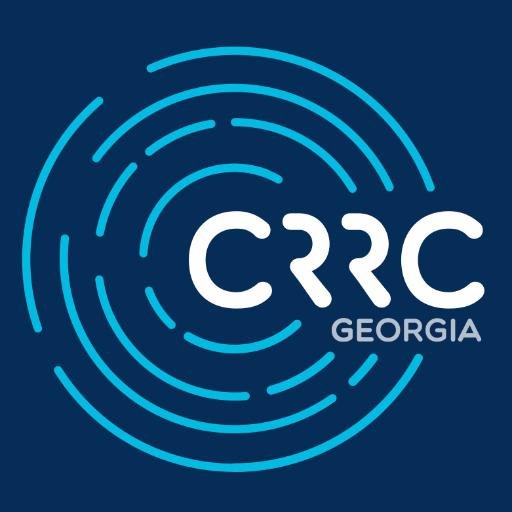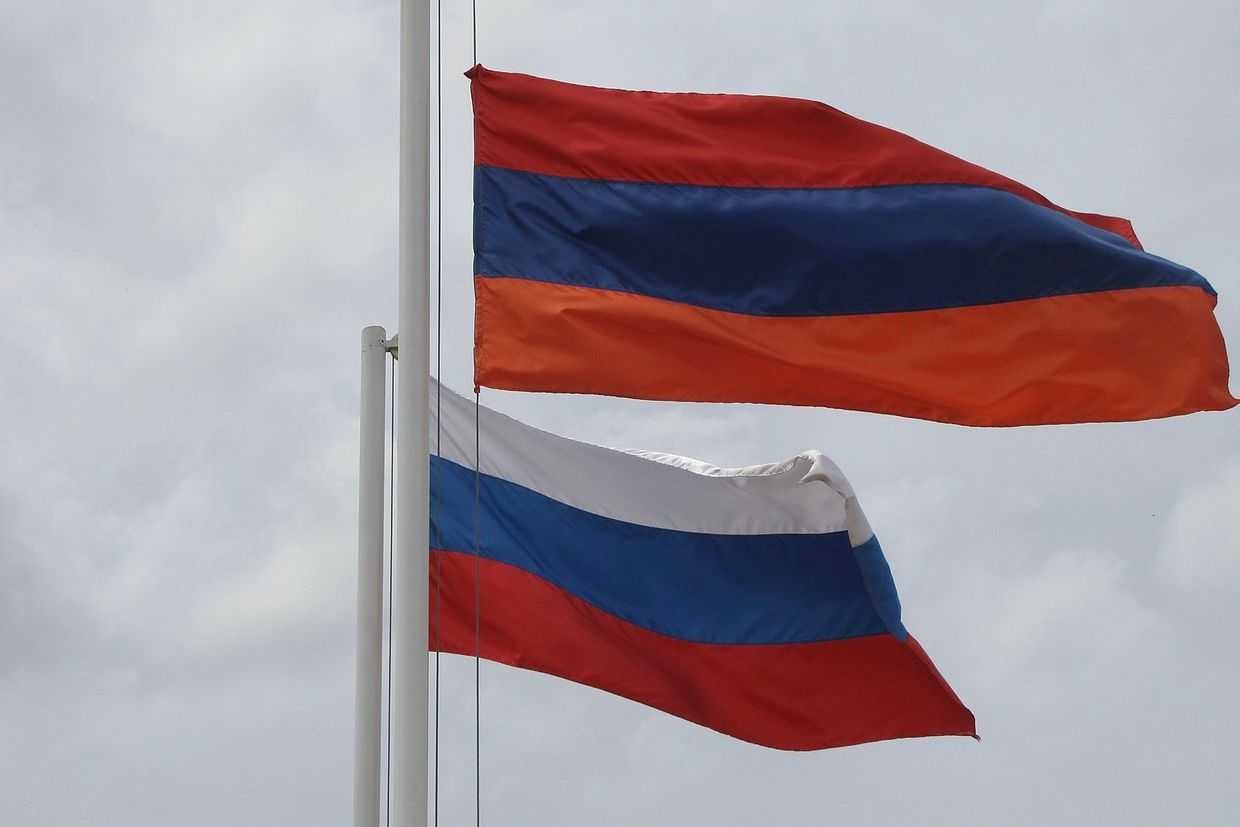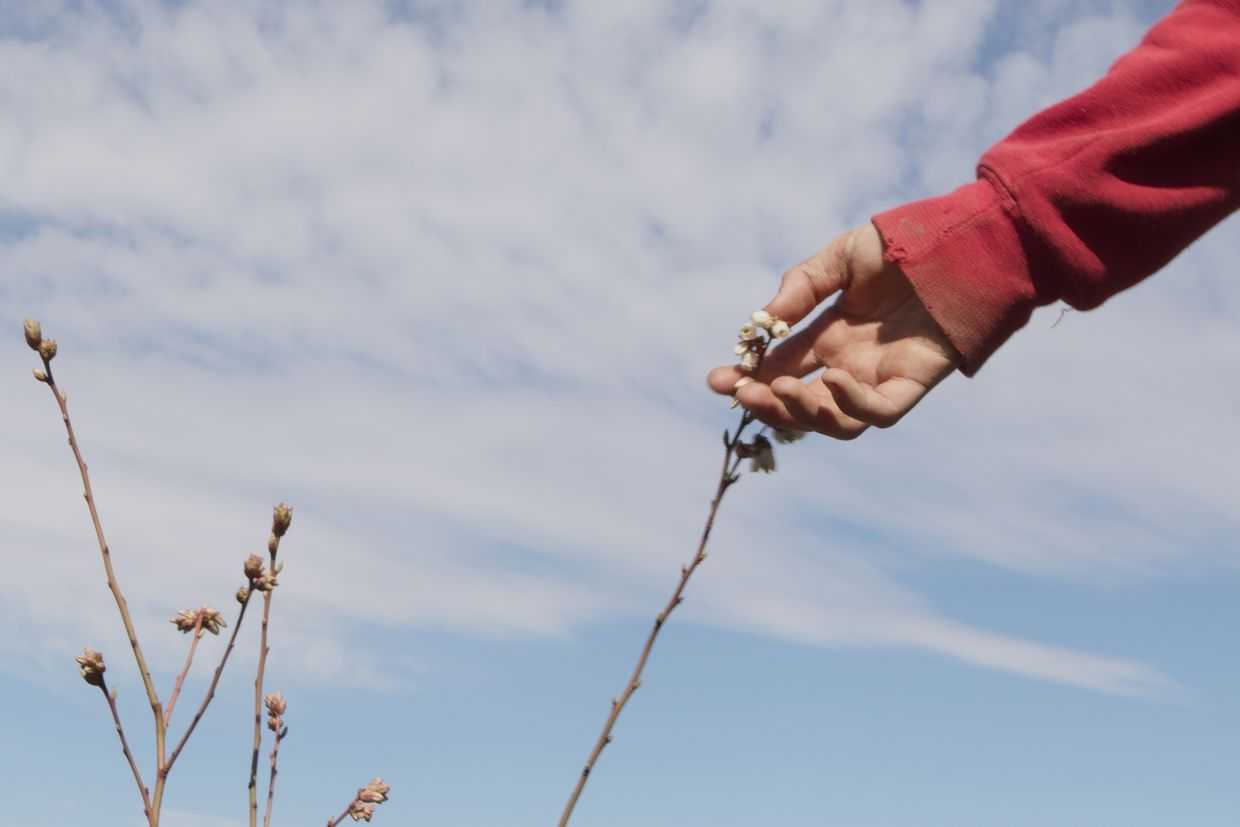


 Georgia’s parliament recently adopted a package of constitutional amendments. Among the many changes were those regulating the sale of agricultural land. According to the amendments, ‘agricultural land, as a resource of special importance, can only be owned by the state, a self-governing entity, a citizen of Georgia, or a union of Georgian citizens’.
Georgia’s parliament recently adopted a package of constitutional amendments. Among the many changes were those regulating the sale of agricultural land. According to the amendments, ‘agricultural land, as a resource of special importance, can only be owned by the state, a self-governing entity, a citizen of Georgia, or a union of Georgian citizens’.
While the constitution allows for exceptions, which should be regulated by an organic law that has not yet been written, it is assumed that foreigners will not be allowed to buy agricultural land in Georgia as freely as Georgian citizens.
A majority of the population (64%) thinks that land should only be owned by Georgian citizens no matter how they use it, according to the EF/CRRC survey on Knowledge of and Attitudes toward the EU in Georgia (EU survey) conducted in May 2017. This share has increased by 21% since 2015.
Note: The original 11-point scale was recoded into a 5-point scale for the charts in this article. Codes 0 and 1 were combined into ‘Only citizens of Georgia should own land in Georgia, no matter how they use this land’; 2 and 3 into ‘2’; 4, 5 and 6 into ‘3’; 7 and 8 into ‘4’ and codes 9 and 10 into ‘Land in Georgia should be owned by those who will use it in the most profitable way, no matter their citizenship’.
The rural population is least favourable to the idea of foreign ownership of Georgian land. A large majority (74%) strongly believes that only citizens of Georgia should own land.
The younger population (18–35 years old) is more open towards foreigners owning land in Georgia. Approximately one in five believe that land should be owned by those who will use it in the most profitable way, irrespective of their citizenship. Older people are less open to foreign ownership.
Still, in 2017, the proportion of young people who are more open towards foreigners owning land in Georgia dropped by 7% compared to 2015, while the proportion of young people who think that the land should be owned only by Georgian citizens increased by 22%.
The majority of Georgia’s population do not favour foreigners buying land in the country. Younger people and those living in urban settlements appear more open to the idea, but the number of those opposing foreign ownership is high and has increased over the past two years.
This article was written by Kristina Vacharadze, Programmes Director at CRRC-Georgia. The views presented in the article are the author’s alone, and do not necessarily reflect the views of CRRC-Georgia or the Europe Foundation.








